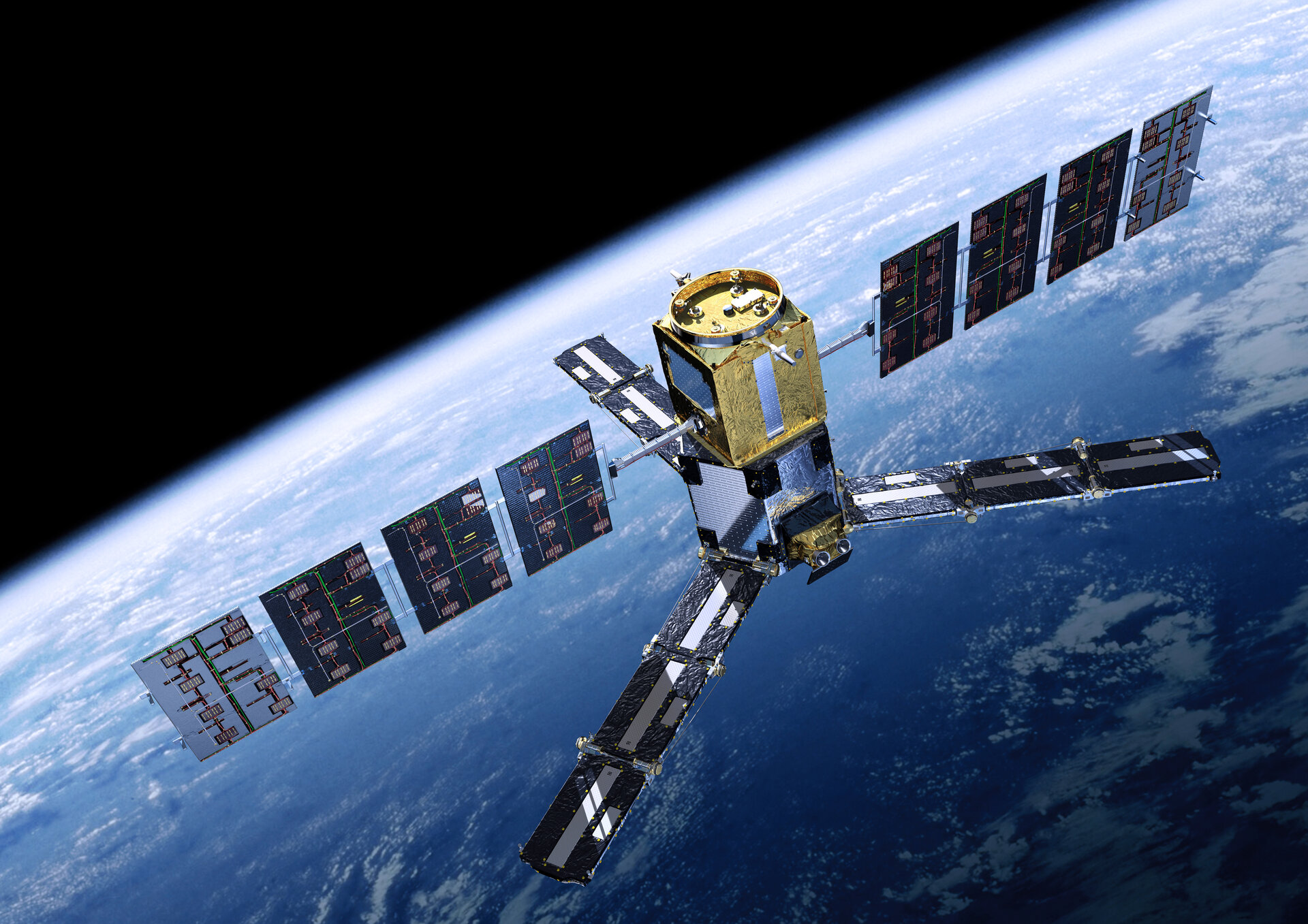
The European Open Science Cloud enables open data sharing, storage and reuse / Pixabay
Computer platforms developed by IFCA researchers drive machine learning to improve research in medical imaging, engineering, remote sensing and climate change
July 26, 2022
Automatic learning or machine learning can help improve the efficiency of agriculture. This technique consists of accumulating large amounts of data and information so that an algorithm can extract patterns and learn to offer solutions to specific problems. This is what the Joint Research Center of Ispra, in Italy, one of the great research nodes of the European Commission, has done.
In order to handle all this large amount of information, the Joint Research Center team has used a cloud computing platform developed by researchers from the Institute of Physics of Cantabria (IFCA). It's the Deep Hybrid DataCloud platform, which offers a wide range of research applications.

The European Space Agency's Smos satellite / ESA
"The Deep project, completed in 2020, and its continuation, AI4EOSC, provides a computing platform on which one can easily develop artificial intelligence and machine learning applications," explains Álvaro López García, IFCA´s researcher, who has led the development of this project. "The platform also serves as a point of collaboration for researchers within the open science cloud in Europe (European Open Science Cloud - EOSC). It is already being applied constantly in fields as diverse as remote sensing, climate change, engineering, logistics, medical imaging or biodiversity", he adds.
These projects try to make machine and deep learning tools accessible and easy to develop for data scientists. "They offer a series of modules designed to facilitate the development, use and exploitation of data analysis tools such as neural networks, parallel processing of large data sets and online data flow analysis for the scientific community," he details.
Artificial neural networks (computer systems), inspired by biological neurons, can learn to extract predictive models from a large volume of data
Machine learning techniques allow a machine to perform certain tasks directly from a large amount of data. For this learning, one of the most used models are the so-called artificial neural networks (computer systems), inspired by the functioning of biological neurons, and used to solve problems in artificial intelligence. From a large volume of data, these networks can learn to draw conclusions and obtain predictive models. In the field of deep learning, these larger artificial neural networks can solve, a priori, more complex problems.
"Both machine learning and deep learning techniques are at the forefront of artificial intelligence and are the basis of tools that are being used to achieve very high levels of precision in many fields of research," adds IFCA researcher Lara Lloret. "Training a deep learning model is a very complex and computationally intensive task. It requires the user to have a complete setup involving certain hardware, the right drivers, dedicated software, and sufficient memory and storage resources.
These machine learning projects offer a transparent and accessible technology so that the application developer, even if he/she is not a computer expert, can concentrate on creating a new model or applying a pre-trained model to work with a data set. "We offer a framework for all users, not just for a few experts, that allows developing, training and sharing deep and machine learning models, both locally and in a cloud system, in a simple way", concludes Lloret.
The great cloud of open science in Europe
The Deep Hybrid and AI4EOSC projects use the infrastructures of the European Open Science Cloud (EOSC) or Open Science Cloud in Europe, launched by the European Commission in 2018, which offers a computing and data environment without borders within the continent so that scientists can share, store and reuse research data in an open way.
IFCA team worked on the European project EOSC Synergy, endowed with 5.6 million euros, to expand the computing capacity of this pan-European infrastructure. The project is developed by a consortium coordinated by the Physics Institute of Cantabria, on behalf of Ibergrid, the Iberian scientific and technological cooperation framework signed by Spain and Portugal in the field of distributed computing. The consortium also includes leading providers of data and research infrastructure in Germany, Poland, the Czech Republic, Slovakia, policy development experts and FAIR data repositories in the Netherlands and the UK, as well as the EGI.eu Foundation.
